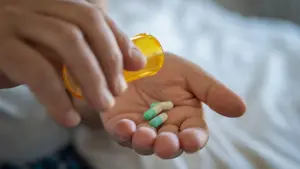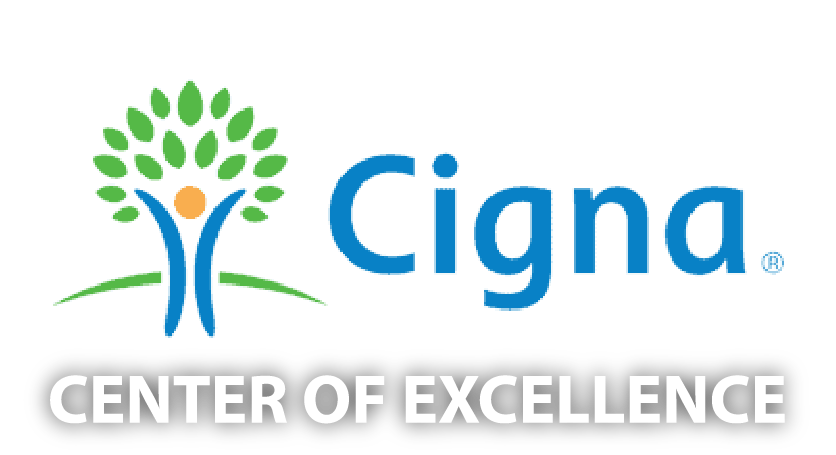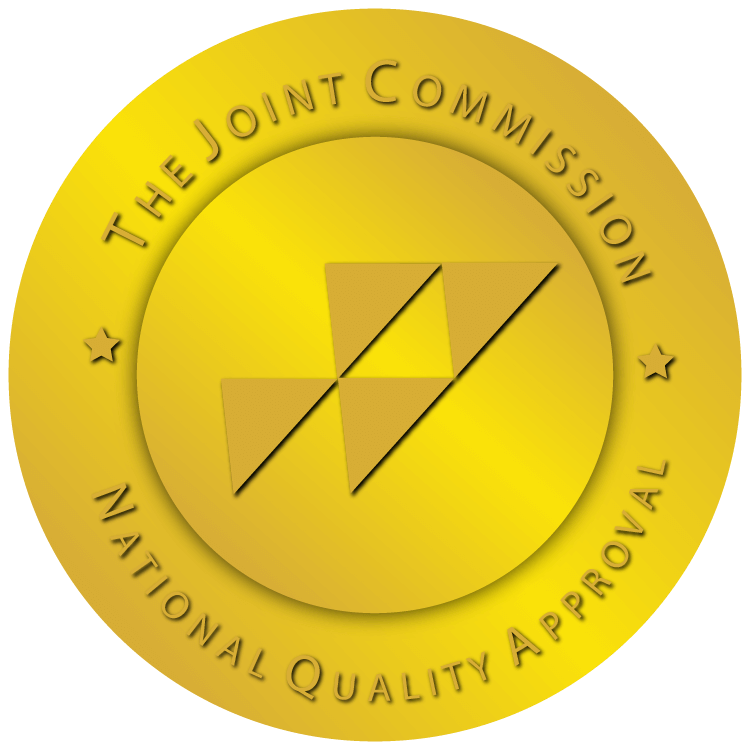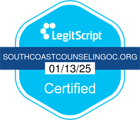Holistic approaches in detox centers provide a well-rounded path to recovery from substance use and mental health challenges. These treatments focus on healing the mind, body, and spirit, offering a personalized and balanced recovery experience. Below, we’ll explore some of the most common holistic treatments found in detox and recovery centers.

1. Yoga, Meditation, and Mindfulness
Yoga, meditation, and mindfulness are powerful tools that can help you feel better physically, mentally, and emotionally. Practicing yoga helps you relax and stretch your body while also building strength and flexibility. It’s more than just physical—it can make you feel calm and focused, which is helpful during recovery. Studies show that yoga, as a type of exercise, improves your general well-being and can even make someone more motivated to quit smoking.
Yoga combines all these elements—exercise, meditation, breathwork, and focus. That’s why it’s often studied as a therapy for people dealing with substance addiction. When you practice yoga, you’re not just helping your body; you’re working on your mind and emotions, too.
2. Family or Group Therapy
Family and group therapy are powerful ways to support recovery from addiction. These therapies help not only the person struggling but also those around them, creating a stronger support system.
A study involving 36 families finds how family-based treatment can improve attitudes toward addiction and strengthen family ties. This program showed positive results, such as reducing drug use among addicts, changing attitudes toward addiction and recovery, increasing awareness of the harmful effects of drug use, and improving coping and problem-solving skills for everyone involved.
3. Massage Therapy
Massage therapy helps with recovery by easing muscle tension, releasing toxins, and reducing stress, which improves your mood and emotional well-being. It also helps you relax and manage emotions better.
Research published in the Journal of Substance Abuse Treatment shows that body-focused therapies like Mindful Awareness in Body-oriented Therapy (MABT) can aid substance use recovery. It found that women who received MABT had fewer days of substance use and showed improvements in eating disorder symptoms, depression, anxiety, stress, physical symptoms, and overall emotional well-being.
4. Art and Music Therapy
Art and music therapy are creative ways to help you heal emotionally, especially during recovery from substance use. Creating art or playing music lets you express your feelings in ways words can’t always capture. It’s a fun and engaging way to work through emotions, reduce stress, and build confidence in yourself.
In a study of 299 substance use treatment programs in the U.S., it was found that 36.8% of programs offered art therapy, and 14.7% offered music therapy. This shows that more and more treatment centers are recognizing the benefits of these therapies (which can help you communicate and process emotions in a non-verbal way).

5. Nutritional Therapy
People with alcohol or drug use disorders often have nutrient deficiencies, leading to health issues like muscle weakness, bone loss, anxiety, and depression. These imbalances can also affect metabolism and body composition.
A balanced diet of fruits and vegetables, lean proteins, whole grains, and healthy fats can fix these gaps and improve health. Since sweet foods and substances trigger similar brain responses, a healthy diet helps manage cravings and supports recovery.
6. Exercise Programs
In a Frontiers in Psychiatry study, researchers determined that exercise can help at all stages of substance use disorder (SUD), whether you’re starting recovery, continuing treatment, facing challenges, or dealing with relapse. It improves behavior and brain function, helping reduce drug cravings.
Exercise also boosts mental health by lifting your mood, lowering stress, and increasing resilience, which helps you cope with challenges. It can strengthen social connections, offering emotional support through group activities or simply by helping you feel more connected.
7. Outdoor Therapy
Nature-based therapy uses the natural environment, like parks and forests, to aid recovery from substance use disorders. One study published in Environmental Health and Preventive Medicine found that nature-based interventions were effective for treating drug-related problems, including alcohol, tobacco, cannabis, and opioids. About 85% of the studies showed positive results, supporting nature-based approaches in recovery.
Interestingly, even virtual nature, such as videos or images of nature, has been shown to help reduce stress and improve mood in people recovering from substance use disorders.
These holistic approaches in detox centers focus on healing the whole person—mind, body, and spirit. If you’re ready to take the next step in your recovery, consider exploring programs at OceanRock Recovery, where we integrate these holistic methods to support your journey.




